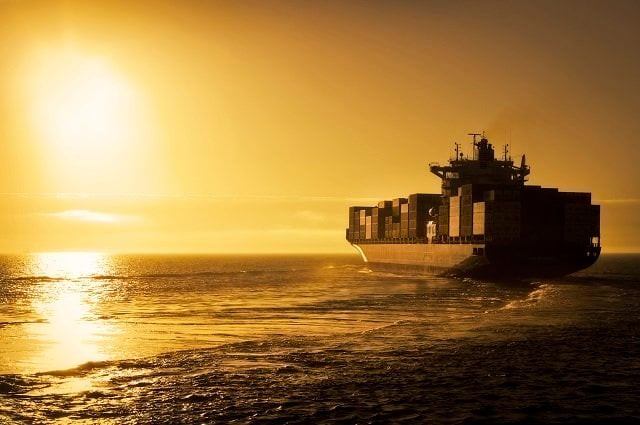Coronavirus outbreak: Pakistani exporters turn to sea route trade with Iran halted
Earlier, fruits and vegetables were exported to Iraq and Azerbaijan through land

Representational image. PHOTO: REUTERS
Pakistan recently closed its border with Iran and suspended all trade following the outbreak of the coronavirus in the neighbouring country. In addition to this, four coronavirus cases have also been detected in Pakistan among people who had recently returned from Iran, which prompted authorities to suspend flight operations as well.
Earlier, Pakistan used to export potatoes, kinnow and ziziphus mauritiana (bair) to Iraq and Azerbaijan through Iran. The closure of Pakistan-Iran border irked the exporters involved in sending goods to the two countries as they could face hefty losses.
“However, the exporters decided to change the route from land to sea to resume exports to Iraq and Azerbaijan,” said All Pakistan Fruit and Vegetable Exporters, Importers and Merchants Association (PFVA) Patron-in-Chief Waheed Ahmed in a statement. Citing figures, he said Pakistan exports 800 tons of potatoes, 500 tons of kinnow and 110 tons of ziziphus mauritiana to the two countries annually.
He added that the total suspension of trade with Iran could have resulted in a daily loss of Rs400 million to the exporters but they avoided the damage by starting exports via sea. He pointed out that it would cost the exporters relatively more but it was still better than enduring a complete loss.
“Iraq has ports, hence, it is within the reach of traders but Azerbaijan is a landlocked area and Pakistan exports goods to it through Iran or Batumi Port of Georgia,” he added.
Comparing the sea and land routes, Ahmed said trade through land was faster and cheaper but it could affect the quality of goods as they are transported in open trucks.
On the other hand, there is an international supply chain for goods which are transported through sea and containers, equipped with refrigeration technology, which preserves the quality of edible commodities.
“Vegetables or fruits of better quality fetch higher prices,” he said.
Appreciating the closure of the border, Ahmed said it was the need of the hour and lauded the government’s decision, citing that although trade was important, saving people from the epidemic was extremely necessary and traders could bear a temporary rise in the cost of their trade.
“Some people are demanding that the government open borders for their short-term gains, however, they fail to see the long-term impact,” he said. “If the coronavirus spreads in Pakistan, our trade with other countries would be direly affected because foreign nations will avoid buying from us, therefore this temporary halt is good in the longer run.”
Published in The Express Tribune, March 1st, 2020.
Like Business on Facebook, follow @TribuneBiz on Twitter to stay informed and join in the conversation.



















COMMENTS
Comments are moderated and generally will be posted if they are on-topic and not abusive.
For more information, please see our Comments FAQ